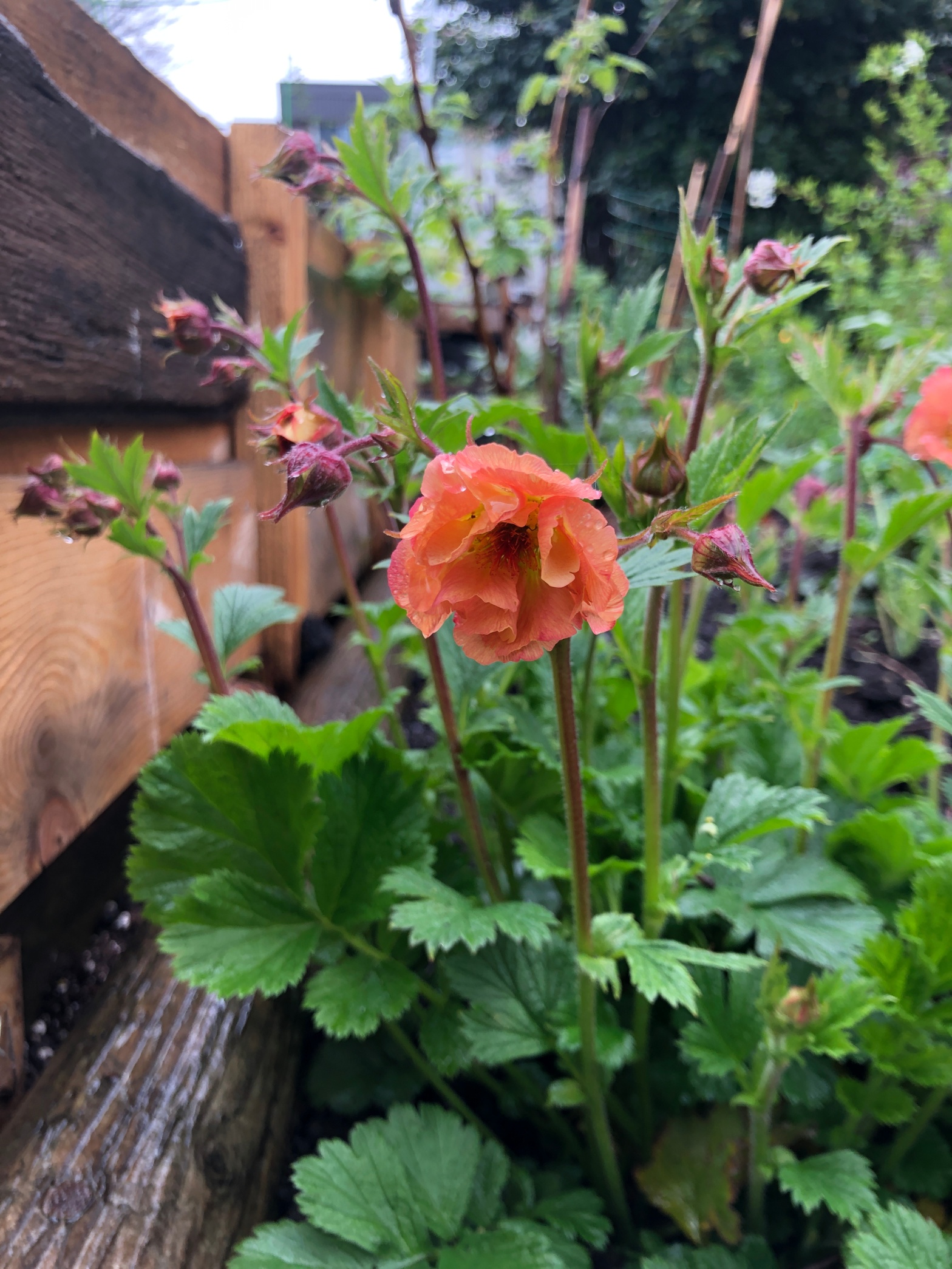Another of my group members shares my nostalgia for the promise of the early internet, and it has me thinking more about what it was that excited me at the time. I remember poetry, busy background images, card games, forums, and chat rooms. A bit later – music pirating, blogs, early social network sites, skype, artfully designed websites, internet radio. And then chat roulette, and google maps street view, podcasts, and what felt (to me) like the mainstream settling in of online communities and social media as cultural phenomena that were here to stay. There was always this pesky, trollish aspect: endless pop-up windows, viruses, chat room trolls, rick rolls, Nigerian princes. Chat roulette felt like the perfect mascot for internet experience: One moment you could be dropped into a house party in Russia, then you’re awkwardly staring at someone in Japan who’s awkwardly staring at you, then you’re enjoying a piano practice session somewhere in America, and then there’s someone masturbating. So much random, so much magic, so many curious people, and then a troll. ¯\_(ツ)_/¯
I learned HTML, and flash, and photoshop. I built websites and discovered new music. I met two people IRL that I first met on the internet – one of them is still in my life, along with his whole family. The internet enriched my life, or at least it had the potential to. I was an explorer, a creator, an intrinsically motivated and empowered learner. The old internet felt like nerf-ball dodgeball and the internet now feels like constant unavoidable low-level radiation.
Last week my PBL group talked about the potential of open learning, and I couldn’t help but think about how the internet got it wrong. How could we do it better? I plan to apply for a job that would mean a lot of involvement in open learning strategy. It’s a wonderful thing, to imagine designing something that doesn’t yet have an archetype.
In my research, I came across an interview with Catherine Cronin. She said that our roles as educators should be to support learners in developing competencies, literacies & voice required to “contribute to the shared production of knowledge and culture.” I find this exciting, and baffling. If the internet felt out-of-control in the old days, like a vast, sprawling, underweeded garden, it feels like a different out-of-control now… Like unknown forces are playing god, regularly changing the rules as to what plants well with what, how deep to sow this, when to water that. I spend so much more time on the internet now, but I don’t have fun here anymore. How do I support learners to co-create an open learning landscape where we all have potential to be enriched, to develop mastery, to make friends, to have fun?

I share your nostalgia for the crazy but open and fascinating days of the internet before the big 5 took over everything. ONL was born in this freerolling spirit – sharing, collaborating and investigating simply because learning is fun. I miss those days, even people posting photos of their breakfast on Facebook – that is exactly what social media should be about really!
Catherine Cronin is an inspirational educator and I’m glad you’ve read her work.
LikeLike